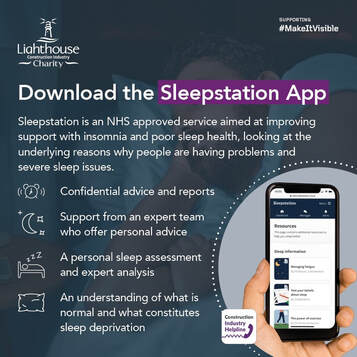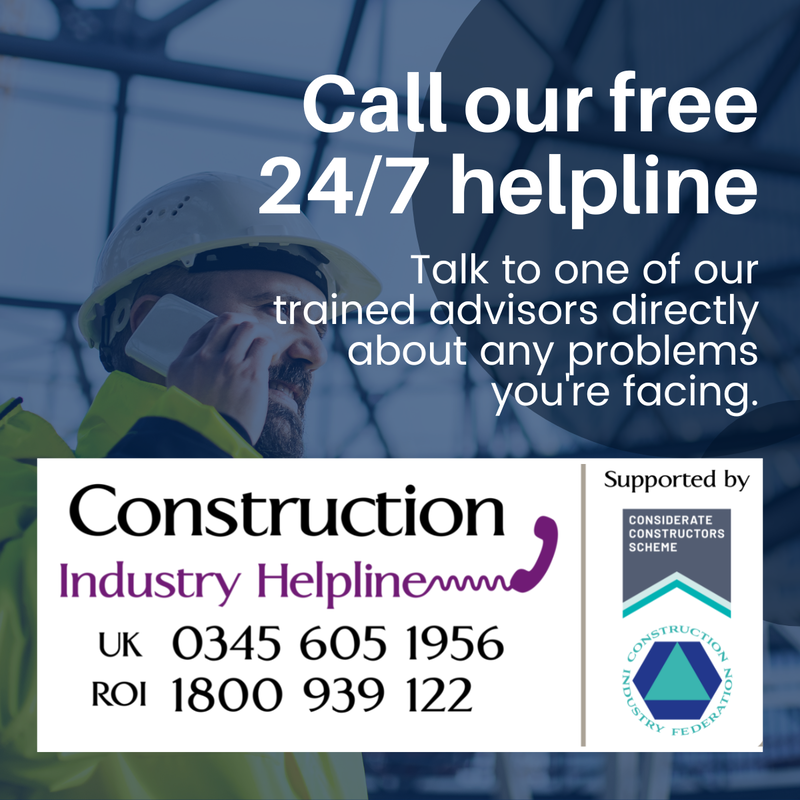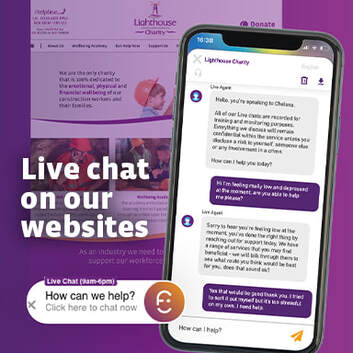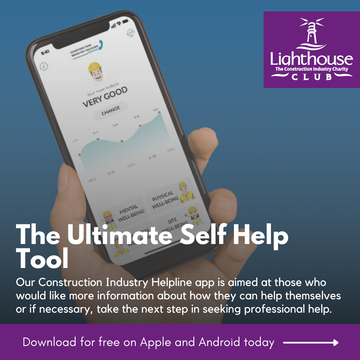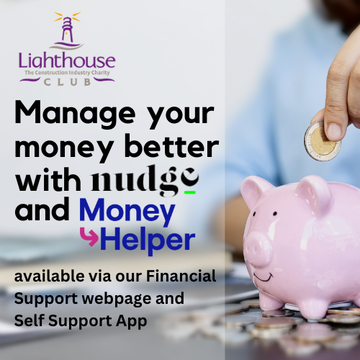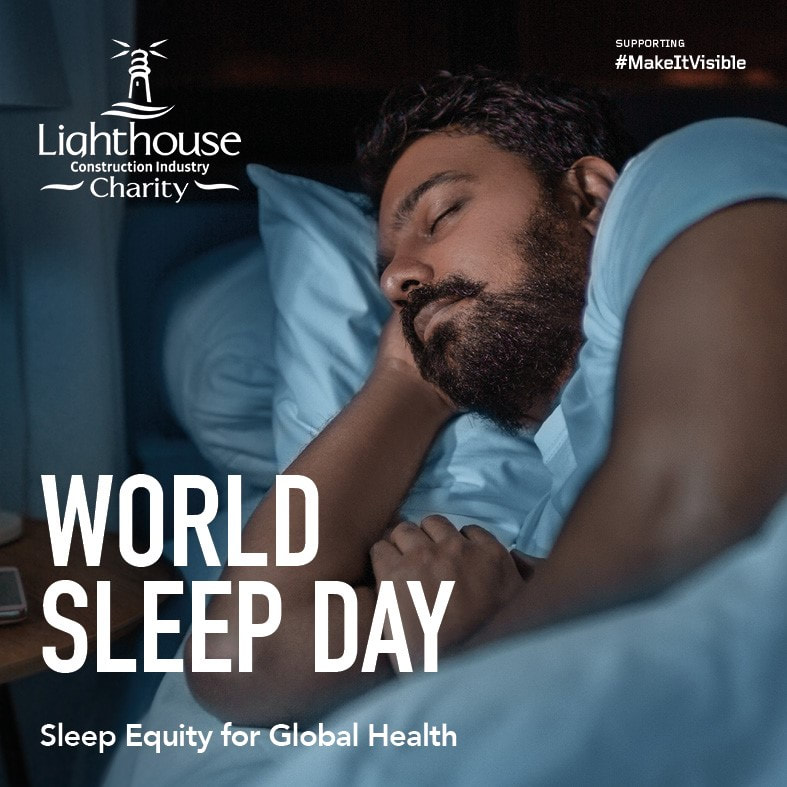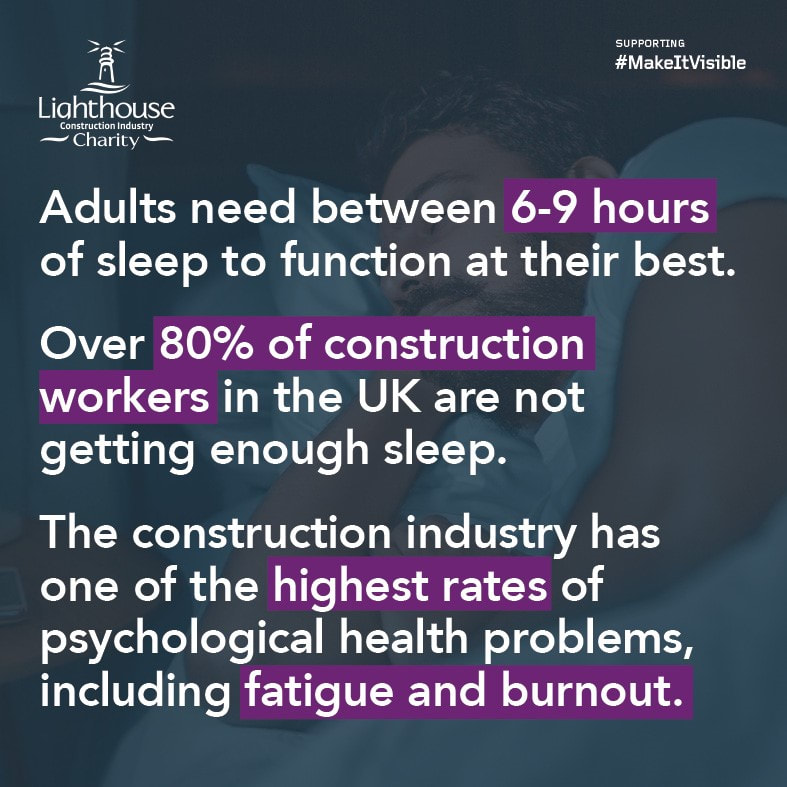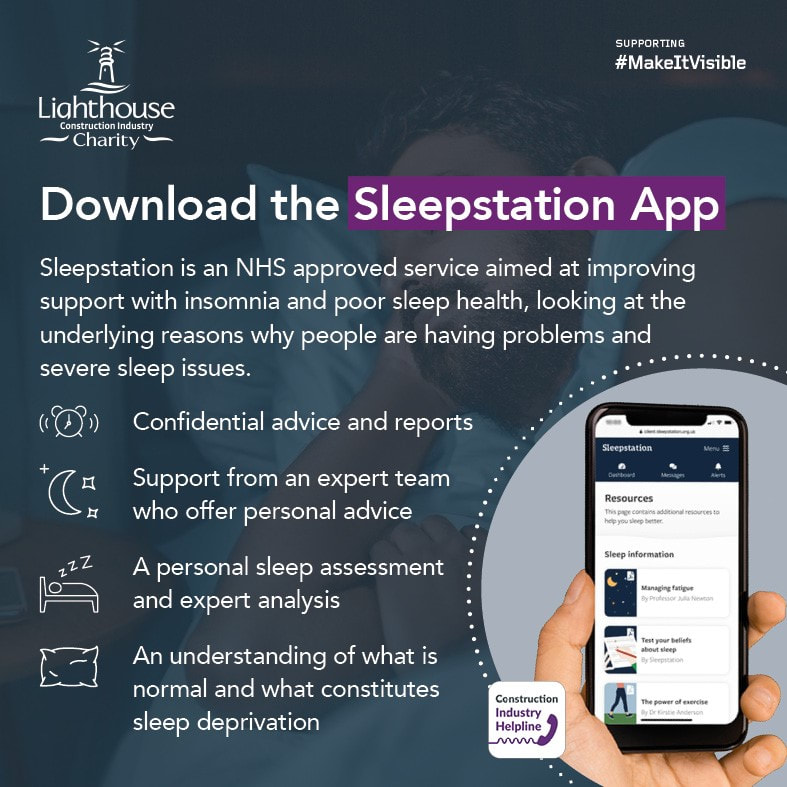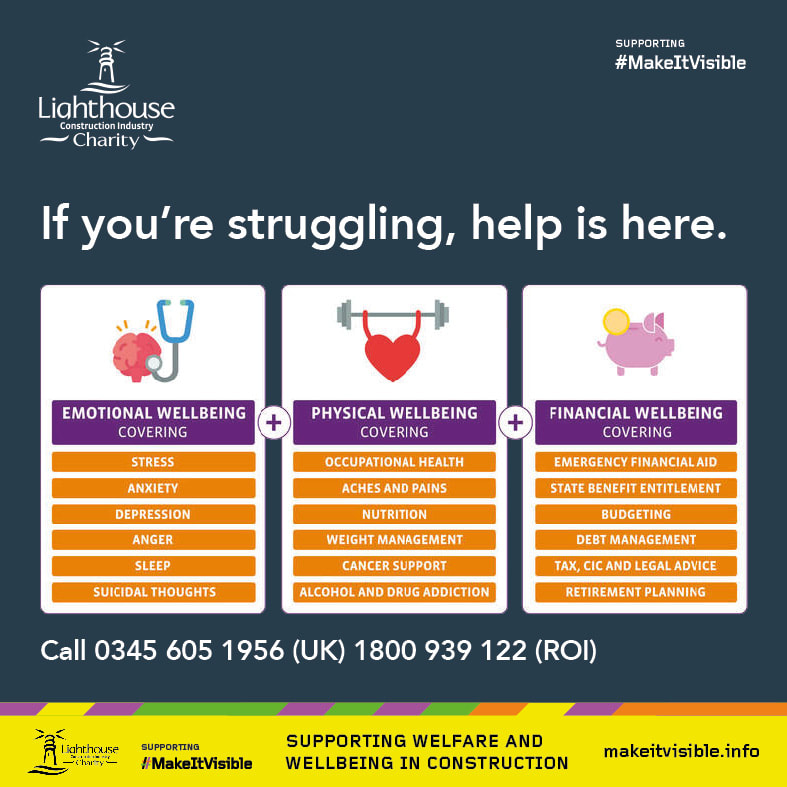What is Sleep Day?World Sleep Day is an annual event intended to be a celebration of sleep and a call to action on important issues related to sleep, including medicine, education, social aspects and driving. It is organised by the World Sleep Day Committee and aims to lessen the burden of sleep problems on society through better prevention and management of sleep disorders. The committee recognises that sleep is important enough in personal health and well-being to be a priority.
Why is sleep important? |
Register for Sleepstation below.
|
Sleep is essential to health. We spend about a third of our lives asleep, performing a nightly personal MOT making sure our brains and bodies function at their best. Studies show that not getting enough sleep or getting poor quality sleep on a regular basis increases the risk of having high blood pressure, heart disease, and other medical conditions.
When we don’t get enough sleep, or our sleep is poor quality, we suffer the short and long-term consequences of sleep deprivation and fatigue - we are more irritable, less patient and less empathic. Our thinking is slower, more sluggish and we are less able to cope with the unexpected. When we work as part of close-knit teams, fatigue makes it more difficult for us to work together.
How does it relate to the construction industry?
Working in the construction industry can often lead to poor sleep quality due to the irregular shift patterns, long working hours, early starts and demanding workloads. These factors along with the stressful and emotionally challenging everyday environment of our industry results in construction workers being at a very high risk of sleep fatigue.
Some key facts about sleep within the construction industry:
- Over 80% of construction workers in the UK are not getting enough sleep.
- The construction industry has one of the highest rates of psychosocial health problems, including fatigue and burnout.
- The UK construction industry ranks third for the highest average hours worked per week.
- Only 14% of construction workers in the UK work fewer than 40 hours a week.
- 44% of construction workers in the UK travel around 2-3 hours a day to work and back.
What can I do to fix my sleep issues?
Work schedules, day-to-day stressors, a disruptive bedroom environment, and medical conditions can all prevent us from receiving enough sleep. A healthy diet and positive lifestyle habits can help ensure an adequate amount of sleep each night – but for some, chronic lack of sleep may be the first sign of a sleep disorder. Improving our sleep may come from small lifestyle changes or including a small routine before bed to get yourself settled.
The videos below give you an introductory guide on how to improve your sleep:
The videos below give you an introductory guide on how to improve your sleep:
|
|
|
However, it can be tricky knowing where to start to combat specific issues and finding which techniques will suit us. Which is why we have partnered with Sleepstation to offer a completely free and clinically proven sleep improvement programme to help address poor sleep in the industry.
Sleepstation looks at the underlying reasons as to why people are having problems and has been proven to address even the most severe sleep issues. Dedicated support teams deliver a plan tailored to any of the identified issues so you can begin your journey to better sleep.
Sleepstation offers:
You can access Sleepstation via our app, which is free to download on iOS and Android or by accessing the resources directly through the link below.
Sleepstation looks at the underlying reasons as to why people are having problems and has been proven to address even the most severe sleep issues. Dedicated support teams deliver a plan tailored to any of the identified issues so you can begin your journey to better sleep.
Sleepstation offers:
- An understanding of what is normal and what constitutes sleep deprivation
- A personal sleep assessment and expert analysis
- Confidential advice and reports
- Support from an expert team who offer personal advice.
You can access Sleepstation via our app, which is free to download on iOS and Android or by accessing the resources directly through the link below.
Alternatively, our free 24/7 Construction Industry Helpline, 0345 605 1956 (UK) or 1800 939 122 (ROI), is always available to access if you'd like to talk to someone directly about any problems you're facing.
You can even text HARDHAT to 85258 (UK) or 50808 (ROI) if you'd rather communicate with our trained volunteers via text message.
You can even text HARDHAT to 85258 (UK) or 50808 (ROI) if you'd rather communicate with our trained volunteers via text message.


